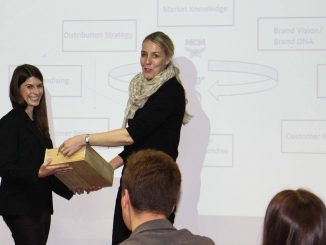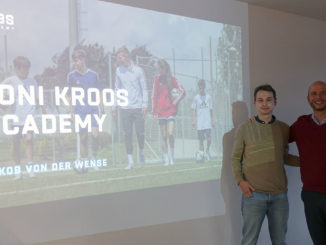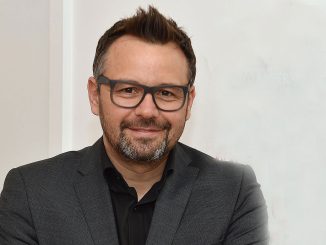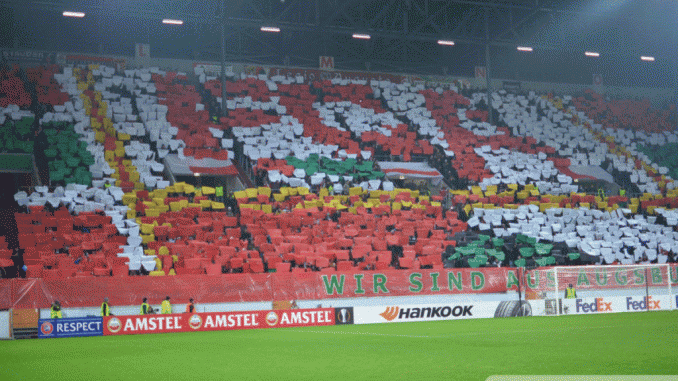
Claudia Spagl, MBS Master International Business, has defined approaches for the Fan Relationship Marketing of FC Augsburg.
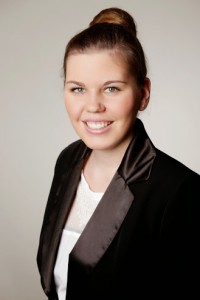
Football without fans is nothing
“Football without fans is nothing.” There is much truth in the statement of Jock Stein, the Scottish trainer legend. Because not only are the fans a crucial element for supporting the team and the atmosphere in the stadium. They are also the source of all of the club’s revenues. Fans are vital for a club that sells tickets and fan articles; and for the sponsors, because the fans see the advertisements when watching the games and/or buy merchandising articles. This is exactly why it is so important that each football club identifies its fans and nurtures its relationship with them.1 2
Alexander Titze, Head of Ticketing at German Bundesliga club FC Augsburg, summarizes his reasons for supervising the thesis titled “Customer Retention Management in Professional Football” as follows: “It is important for us to link the theory behind Fan Relationship Management to practice. We want to get a detailed depiction of our fans, of whom we normally just have data on demography and ticket sales. We want to know exactly what fan groups we are dealing with. This is necessary to even better adapt our marketing measures to the needs of each individual fan.”
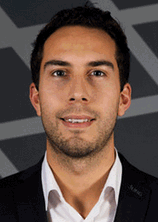
How can the FCA further enhance its fan relationship?
It was the goal of Claudia Spagl’s thesis to determine which activities of the FC Augsburg could help to enhance its fan relationships and improve the fans’ loyalty. In addition, the investigation was aimed at making out the different fan groups that are connected with the FC Augsburg and their differences and/or their commonalities. Then, based on these facts, a course of action can be outlined for the FC Augsburg to sustainably retain its fans.
Findings:
For a functioning Fan Relationship Management it is essential that the FC Augsburg gets to know and learns about the wishes and desires of its fan community in a survey and – on the basis of commonalities – structures it into groups for which specific measures and activities will then be outlined. Given the fans’ consent, the fans’ data should be managed and sustained in a customer data base. With this in mind, Claudia Spagl carried out a fan survey in the stadium which was also published in the newsletter. More than 500 fans participated actively, providing useful and useable information for the football club.
It is a remarkable result of this survey that the FC Augsburg motivates three different fan groups that differ, for example, in terms of the frequency of stadium visits, purchases of fan articles and use of the club’s media: There’s the supporter, the regular fan and the loyal devotee. The survey was further aimed at finding out about the various needs and requirements of the individual fan groups. For this purpose, various aspects of the segments of stadium, tickets, fan shops and communication were listed for the fans to evaluate their priorities, as for example the offers of snacks and drinks, reduced tickets, fan article purchases in sports shops or complaint management; all of this had the intent of informing the FC Augsburg on how to make its own offers for the various target groups even more attractive. This includes, for example, easier travelling to the games, improved admission times, and reduced tickets for pupils, students and retirees as well as additional fan shops in Augsburg.
So how can the FC Augsburg, from hereon, address its various fan groups and achieve progress in its Fan Relationship Management? Connecting all results of the fan survey allows developing a comprehensive representation on specific approaches to reach the three groups and to increase their loyalty for the club. For home matches, for example, cheaper tickets for public transport could make a positive impact on the fans who, in the majority, are from Augsburg or its surroundings. At the same time, this measure reduces the pressure on parking space in the vicinity of the stadium.
The FCA has multiple opportunities
Thus, there are many opportunities and possibilities for the FC Augsburg to improve its fan relationships. To get to know the fans better and to ask them what it is that they want yet remains a crucial step in setting up a functioning Fan Relationship Management. Success will have manifested itself once the FC Augsburg has managed to bind its fans to the club, regardless of its sporting results.
Claudia Spagl draws a favorable conclusion: “My Master Thesis not only gave me the opportunity to look behind the scenes of a football club that is a player of the German Federal League and get to know its work; I could also comprehensively elaborate and practically apply the highly exciting topic of CRM, which – in sports – is of the highest importance. The fact that I was able to combine my major subject with my great passion for football increased the fun I had with this work, naturally.”
Alexander Titze is also very satisfied with the result: “This detailed evaluation allows us to get a clearer picture of our fans and to get to know them better. We will now try to implement these specific measures outlined on the basis of the survey’s findings within the frame of our possibilities. In addition, this study showed us additional fields of research in the B2B range, which we would like to address with the students – for example the issues of hospitality, VIP customers or sponsors.“
Bibliography:
1 Cf. Bühler, A./Nufer, G. (2010): Beziehungsmarketing im Sport: Mit Vitamin B auch im Sport, in: Sciamus – Sport und Management, Volume 1, p. 26
2 Cf. Gensmüller, M. (2008): Customer Relationship Marketing im Sport, in: Bühler, A./Nufer, G. (Ed.): Management und Marketing im Sport: Grundlagen und Anwendungen in der Sportökonomie, Berlin, p. 429
Photo source: Fans of FC Augsburg (© Augsburger Allgemeine – Robert Götz)


